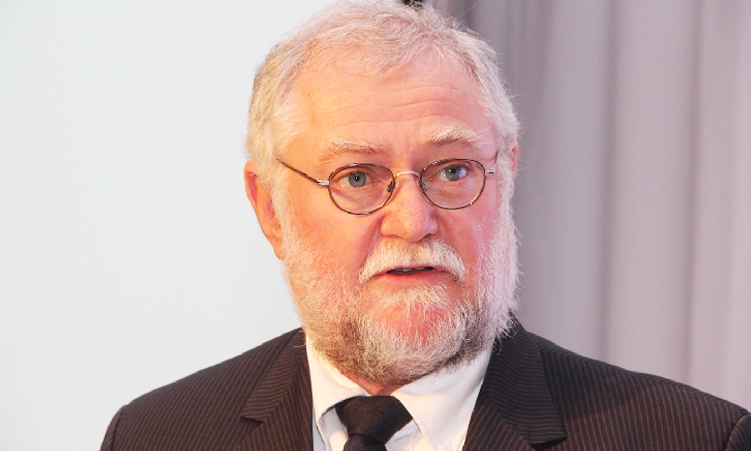Namibia will experience a food deficit of staple cereal crops such as maize and pearl millet.
Agriculture, water and land reform minister Calle Schlettwein says the deficit will need to be covered through imports. Schlettwein said this yesterday during the annual ministerial planning workshop in Windhoek.
The workshop started yesterday and is expected to run until Friday.
“Unfortunately, our neighbours, whom we usually depend on, they too have experienced below-normal rainfall, which significantly reduced their cereal production,” Schlettwein said.
This will force the country to export from other sources outside the South African Development Community region, he added.
“Water is even more challenging because we cannot purchase water from our neighbours, we have to develop additional infrastructure to satisfy the growing needs.”
Schlettwein further said erratic rainfall patterns are hampering the smooth implementation of agricultural production programmes such as the Dry Land Crop Production Programme which is entirely dependent on seasonal rainfall.
“The unfavourable climate conditions erode our capacity to increase food production, limiting our ability to ensure national food security,” he said. According to the Crop Prospects, Food Security and Drought Situation report 2024, Namibia is most likely to experience widespread crop failures resulting in severe food shortages.
The ministry has received a budget increase of 8,8%, of which 4,4% caters to envisaged salary increases for staff.
Schlettwein said the ministry is indebted to the farming community and the Namibian people at large, to ensure food and water security through the budgetary allocation.
Schlettwein said during the workshop members must seek strategies to expedite the execution of priority projects to attain ministerial mandates and objectives. In the last financial year, the ministry acquired 12 farms at the cost of over N$101 million, allocated to 23 beneficiaries. They also acquired four farms at the cost of N$18 million for the Neckartal Dam irrigation project.
“Under the Communal Land Development, water supply infrastructure was developed for 21 small-scale commercial farms in the Kavango East region.”
Schlettwein said the situation is yet another wake-up call for the country to reconsider food production systems and find innovative climate smart strategies to ensure the agriculture sector is more responsive and resilient.
“In order to meet the sixth Sustainable Development Goal on access to water and sanitation for all, rural water supply needs to be strengthened.”
The Namibia Water Sector Support Programme, which is funded by the government and the African Development Bank (AfDB) is used to implement bulk water and sanitation projects in Namibia.
Thus far, 40 new earth dams, the rehabilitation of 14 existing dams and 30 contracts for new earth dams have already been awarded, and construction is expected to begin in the first quarter of this financial year.
N$422 702 00 has been set aside for the construction of the Water Supply Security Infrastructure project.
A grant funding request is being made to the AfDB to conduct a feasibility study for another desalination plant that will cater for the northern regions, such as Kunene, Omusati, Oshana, Oshikoto, Ohangwena and Kavango West.
Schlettwein also shed light on the issue of the ministry returning N$109 million to the treasury in recent years.
He said most of the money is linked to unfilled budgeted positions and the slow execution of the annual procurement plan. “I would like to highlight the need to expedite filling the budgeted and cleared positions. A cumbersome procurement process should not be the reason for under-expenditure,” he said.
Furthermore, he noted the need to transform and innovate to ensure a smooth procurement process.
Khomas regional governor Laura McLeod-Katjirua noted that in the last financial year 8 132 hectares in the Khomas region will be communalised and handed over to the /Khomanin Traditional Authority if directed by the Cabinet.
Stay informed with The Namibian – your source for credible journalism. Get in-depth reporting and opinions for
only N$85 a month. Invest in journalism, invest in democracy –
Subscribe Now!






